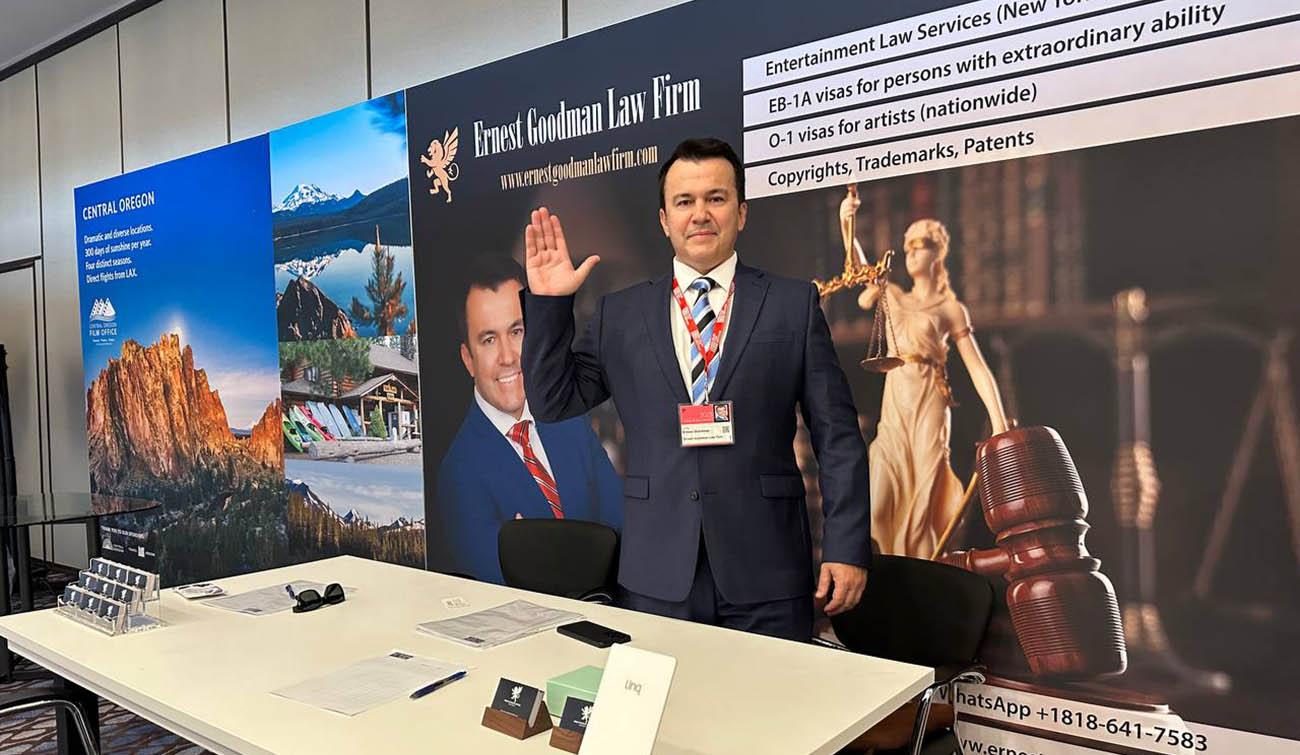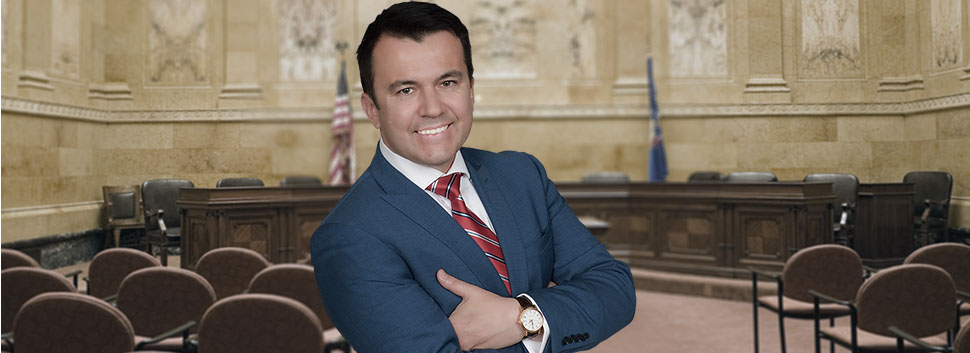Screenplay Scam: The Risk of Upfront Payments to Producers, Agents, and Managers
In my recent interactions with new filmmakers, I've observed a concerning trend involving management contracts. These filmmakers approach me to review contracts they've been offered, which often require substantial upfront payments — typically $2,000 or more. Novice filmmakers have been approached by individuals, usually with some experience in film, who offer these services. Let's refer to them as "individuals." These contracts, supposedly for managerial services, promise to find financiers and sell screenplays, especially at prestigious venues like the American Film Market (AFM) or the Cannes Film Festival. However, these promises often verge on being scams....
Continue reading









